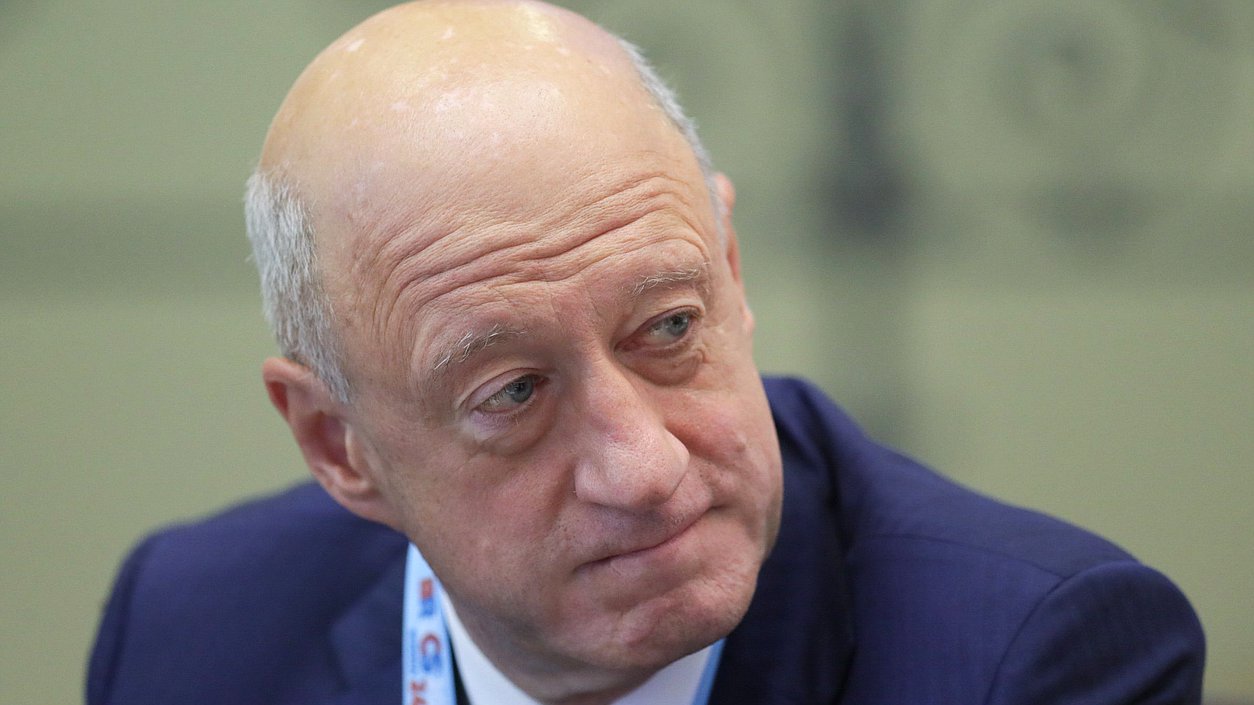
The Deputy
Chairman of the State Duma Alexander Babakov

Alexander Mikhailovich
addressed the participants of the plenary session “The role of parliaments in countering the fragmentation of the multilateral trading system and overcoming threats appeared as results of global crises”, which was held as part of the events the 10th BRICS
Parliamentary Forum.
“We are going to reduce the share of currencies of unfriendly states in mutual payments and we are developing these relations together with our partners around the world and the Eurasian Economic Union,” emphasized Alexander Babakov.
According to him, downfall of the dollar system is unavoidable in any case. “Today, the existing rules of the global monetary and financial system have been discredited by the imposition of unilateral sanctions against Russia by the United States and its allies. It is obvious that even if the situation changes and such restrictions and sanctions are lifted, which is highly unlikely, it will not be possible to restore lost confidence in the dollar,” stressed the parliamentarian.
According to Alexander Babakov, the main problem of the modern international monetary and financial system is instability, global trade imbalance and socio-economic inequality. “We understand that the American system of the global monetary system is not able to cope with global crises,” he added.
The unipolar dominance of the dollar was practically the foundation of many decades of US dominance, as noted the Deputy Chairman of the State Duma. Without this foundation, it is simply a very large state, according to Alexander Babakov.
“Ending the dollar monopoly means ending the one-way flow of a huge part of the world's money. You and I should understand that today we are talking about a new currency, but only about interstate unit of account. We are not talking now about emission and investment component of this currency. We need to create our own interstate payment unit,” said the Deputy Chairman of the State Duma.
Each country will still have its currency and its sovereign emission center, as added Alexander Babakov. “But we should do it that way that we do not reform the International Monetary Fund and its basic institutions, because it is impossible to do that. And we need to create our own structure like the International Monetary Fund: call it whatever you like “International Monetary Fund 2.0” or something else. But the main thing is the establishment of our own institutions of the new financial system,” the deputy added.
In this case, we would ensure the true sovereignty of our organization and those countries that thought about the possibility of cooperating with us, concluded Alexander Babakov.
